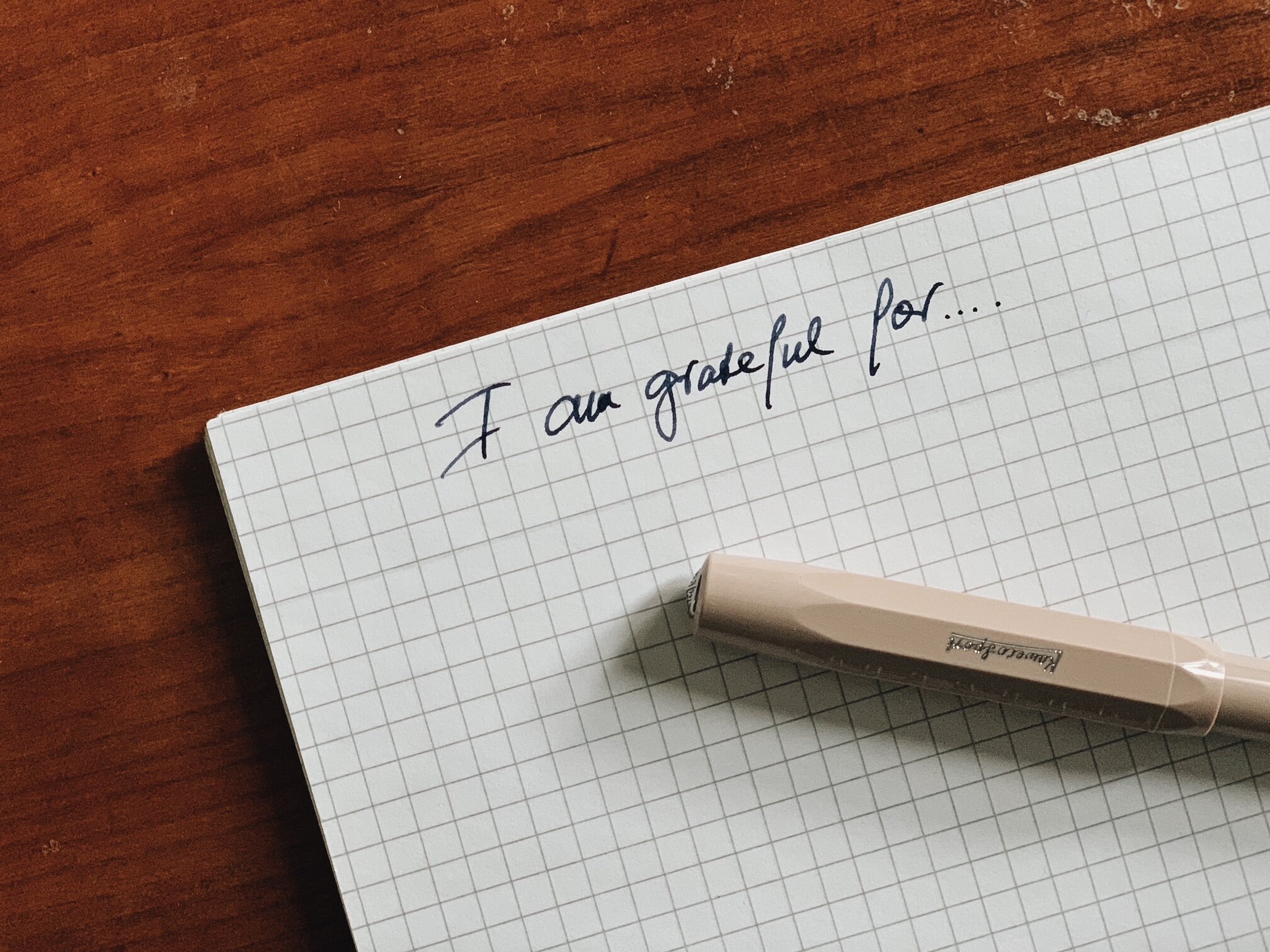How to feel heiter after a long day
A long day at work, traffic on the way home. You’re supposed to cook dinner when you get back and bring out the recycling too. I know, it’s exhausting and I can imagine that all you want to do is go to bed. Not so fast! Why? I believe we should make the most of the time that belongs to us, after all, it is what we work so hard for. Our time should be used to focus on the heiter side of life. The fact of the matter is that we only live once and it would be a shame to let life go by with negative thoughts or the feeling that we didn’t get anything out of it.
The first thing we need to do is to change our perspective. Try revisiting points in your day and identifying what was good about it. Let’s give it a go:
- Yes, your day at work was long but perhaps you learned something from the task you needed to do. Maybe the way you had to communicate your ideas in a meeting was great practice for pitching your future creative business.
- Due to the traffic it took you 30 minutes longer to get home. It did however mean that you had those 30 minutes needed to listen to a great podcast.
- You’re supposed to cook dinner. Isn’t that great? Mindfully chopping the vegetables can be therapeutic and the good vitamins and minerals you’re feeding your body will bring you more energy.
- You have to bring the recycling out. Yay to recycling! You can really make a difference and work towards a better world by joining in.
How did that feel? Did I manage to cheer you up a little? Good! If you need more Heiterkeit (cheerfulness) there are a few more things I can recommend.
- Make yourself a soothing cup of tea.
- Get some fresh air. If it’s a walk with your dog or some quiet time in the garden, a few minutes outside really can make a difference.
- Have a bath. Essentials oils are always a good addition, or if you have a bit more time and all the ingredients try out the Calming Rose Bath by the lovely Becky Cole.
- Listen to your favourite song(s).
- Meditate, even if it’s only for a few minutes. I use an app for my daily mediation but you can of course do it without one too.
- Phone someone you love and talk about a lovely memory the two of you share.
- Write down three things you’re grateful for.
- Light some candles, wrap yourself in a blanket and relax.
- Read a poem or a good book before you go to sleep.
I hope this post helps you and makes it easier for you to find #heitermoments in your everyday life. Keep me posted on how you get on and if you have anything to add to the list above, let me know.
Be heiter!
Deutsche Version hier.
Words & images: Katharina Geissler-Evans, heiter magazine



